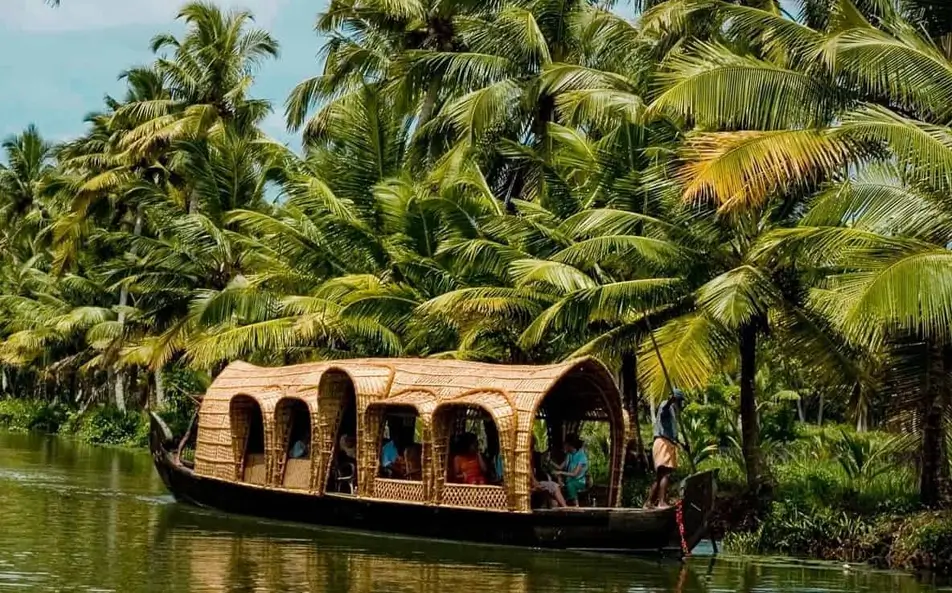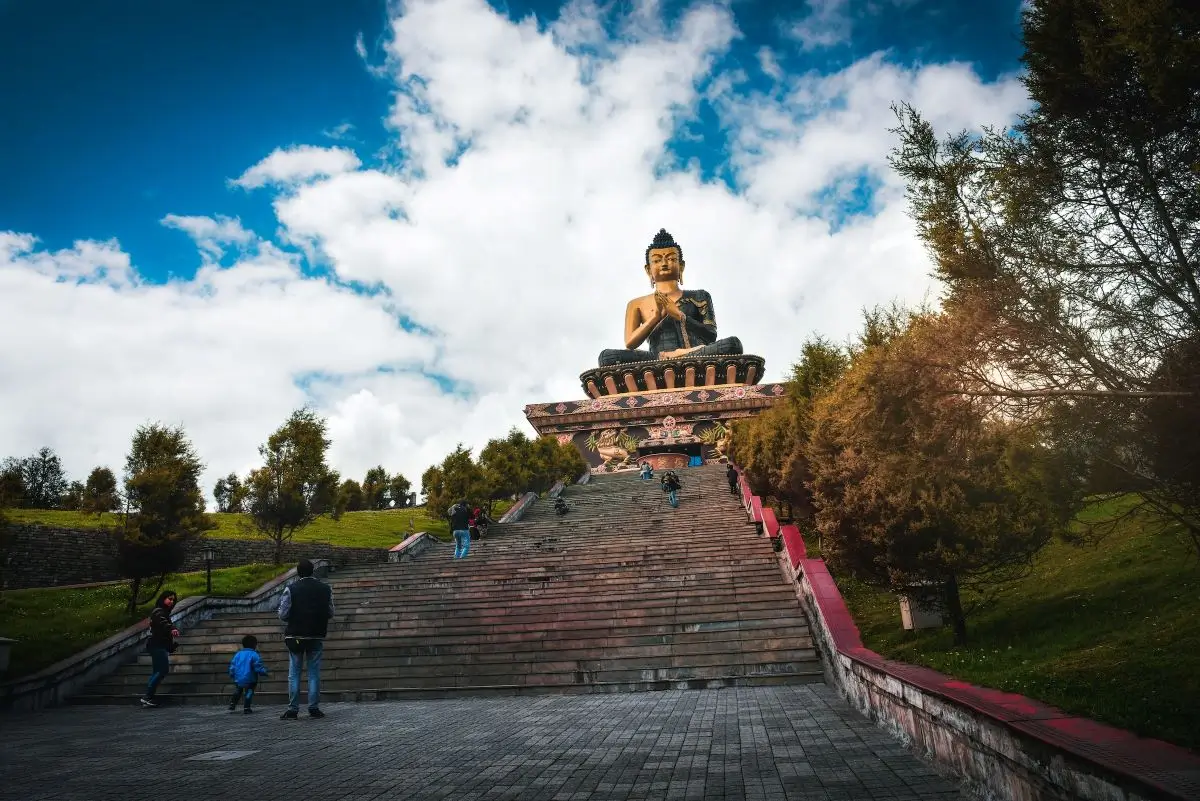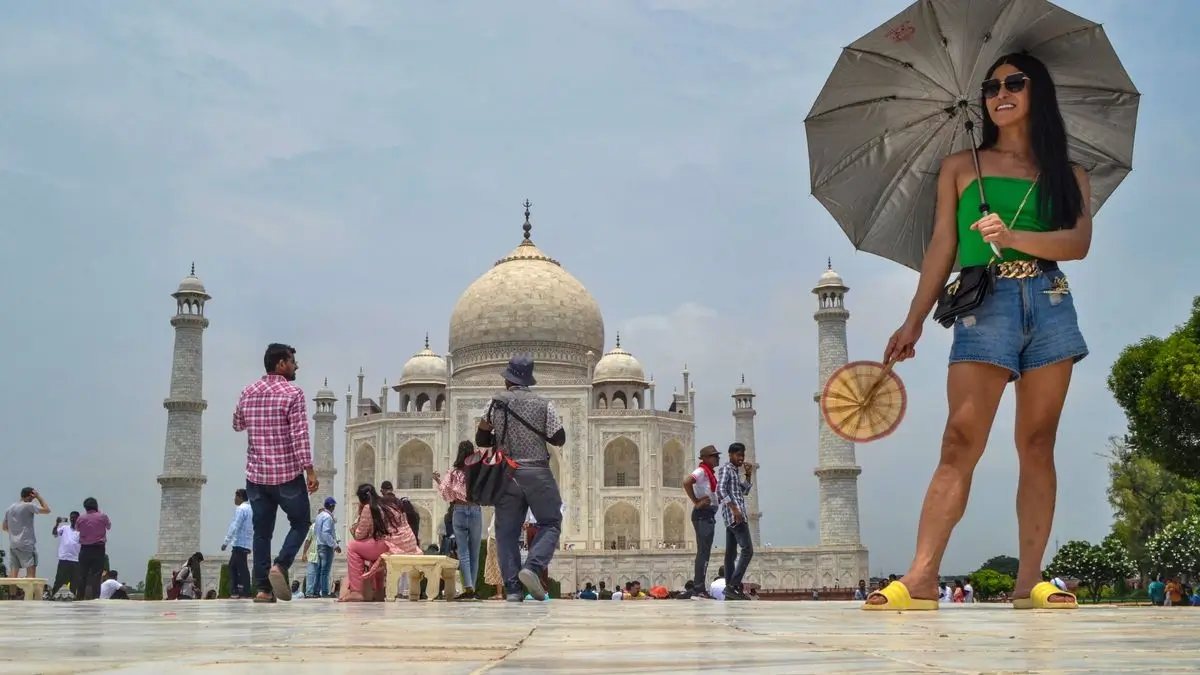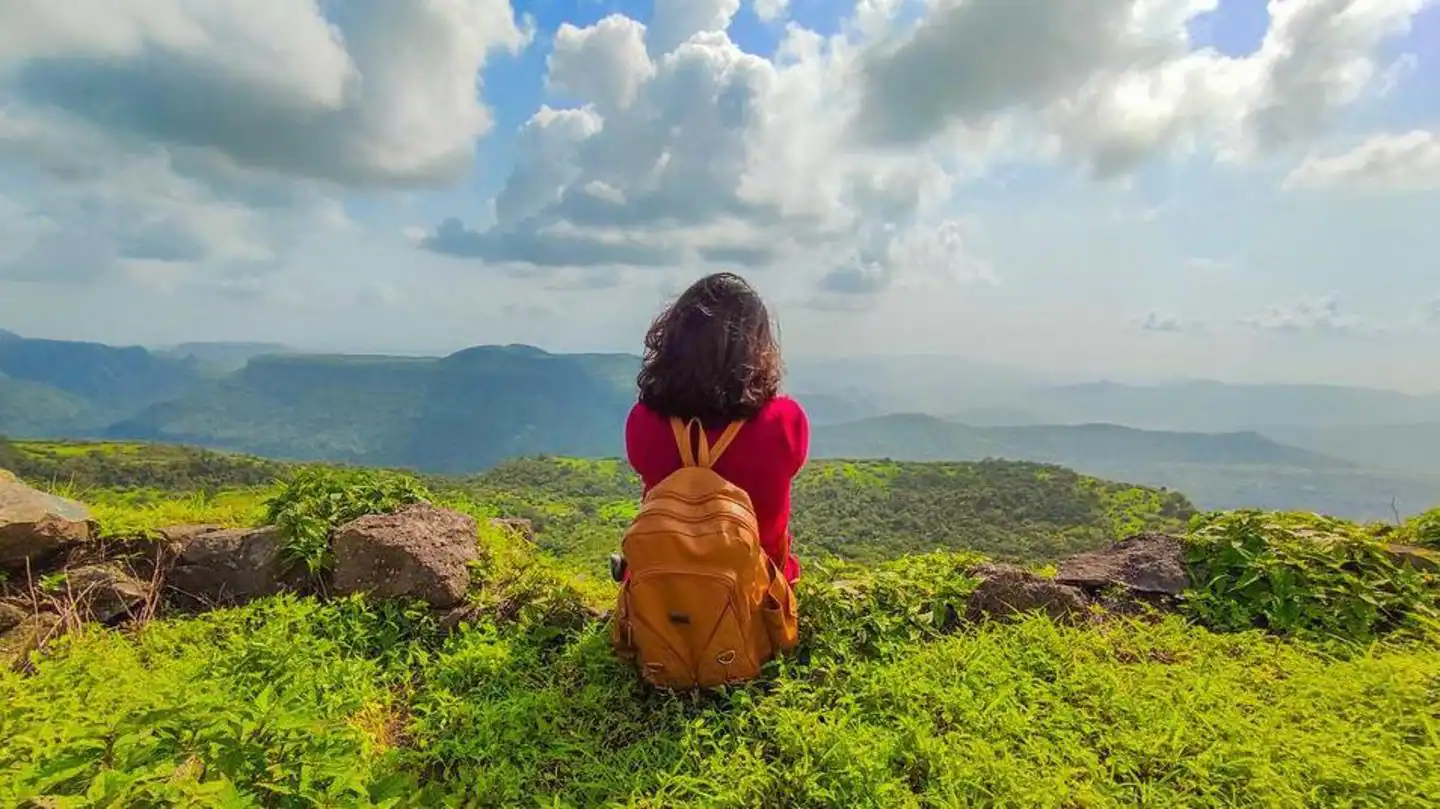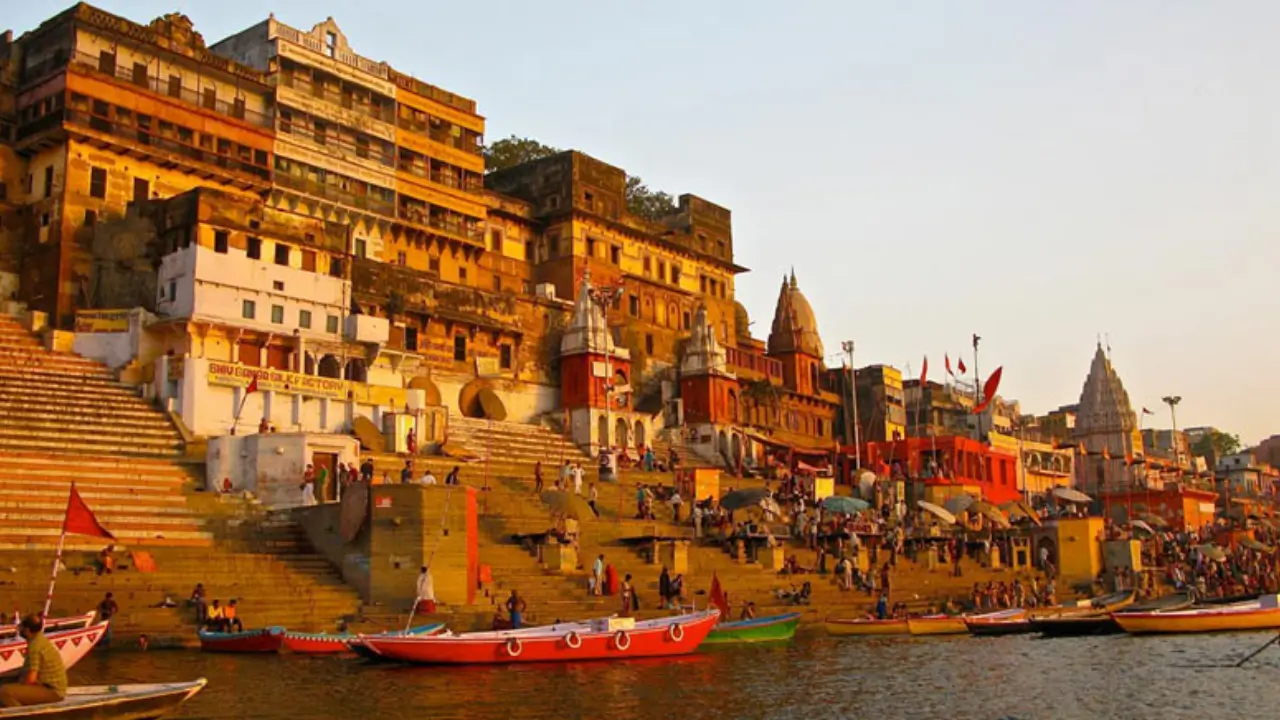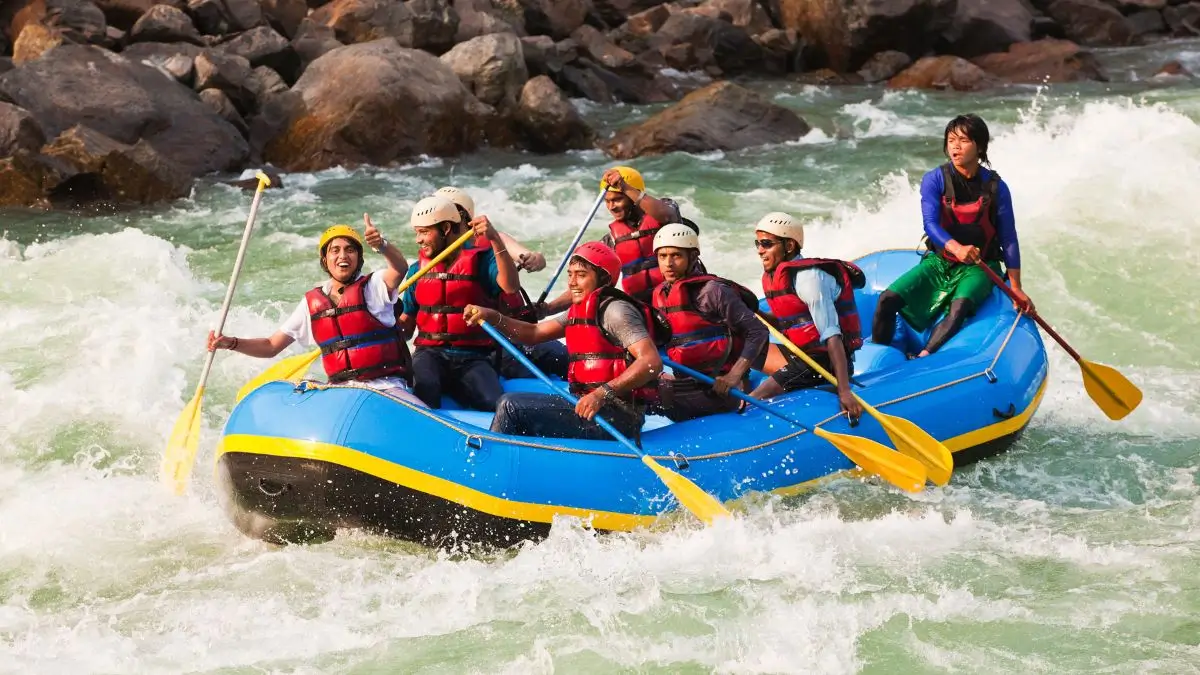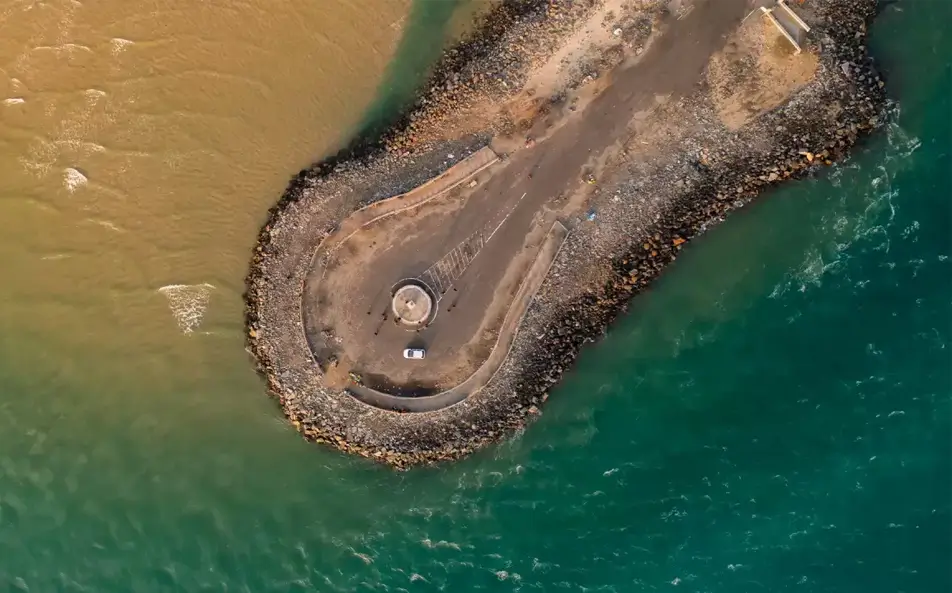
The United Indian

The past decade has been a whirlwind for travel enthusiasts. Remember wrestling with bulky travel brochures and relying on recommendations from friends? Fast forward to today, and online booking platforms reign supreme, while social media feeds overflow with envy-inducing travel photos. But the transformation goes beyond convenience and aesthetics.
Travelers today crave unique experiences, be it scaling mountains in Peru or attending a silent meditation retreat in Bali. Environmental concerns are also at the forefront, with sustainable travel practices gaining traction.
From the rise of solo adventurers to the "bleisure" trend blurring work and leisure lines, the way we travel has fundamentally shifted. Join us as we delve into the top tourism trends that shaped the 2010s and explore what the future holds for this ever-evolving industry.
The Transformation of Travel: Top Tourism Trends of the Last Decade (2014-2024)
The past decade has witnessed a revolution in the way we travel. Technological advancements, shifting demographics, and growing environmental concerns have all reshaped the tourism landscape. Buckle up as we explore the top trends that have defined tourism in the last 10 years (2014-2024):
1. The Rise of the Online Travel Agent (OTA)
Remember flipping through bulky travel brochures? The 2010s saw a dramatic shift towards online booking platforms. OTAs like Booking.com, Expedia, and MakeMyTrip (India) became one-stop shops for travellers, offering flights, hotels, and activities all in one place. This convenience, coupled with competitive pricing and user-friendly interfaces, empowered travellers to research, compare, and book trips independently.
Impact: Brick-and-mortar travel agencies saw a decline, while OTAs flourished, becoming major players in the tourism industry.
2. The Sharing Economy Takes Flight
The sharing economy, fueled by platforms like Airbnb and Uber, disrupted the traditional travel model. Airbnb offered unique and often budget-friendly accommodation options, while Uber provided a convenient and potentially cheaper alternative to taxis. This trend empowered individuals to become micro-entrepreneurs, renting out their spare spaces or vehicles, while travelers enjoyed personalized experiences and cost savings.
Impact: The hospitality industry had to adapt, with hotels offering experiences beyond just a room. Traditional taxi services faced increased competition, leading to price wars and innovation.
3. The Power of Social Media
From picture-perfect Instagram feeds to travel blogs and vlogs, social media has become an undeniable force in tourism. Travelers are increasingly influenced by online recommendations and visually-appealing destinations. Platforms like Instagram have turned travel influencers into powerful marketing tools, promoting specific locations and experiences.
Impact: Destinations with unique aesthetics and "Instagrammable" qualities gained popularity. Authenticity and user-generated content became key marketing tools for tourism boards and travel businesses.
4. The Experience Revolution
Travelers are no longer simply seeking destinations; they crave unique and immersive experiences. This has led to a surge in popularity of adventure travel, cultural tours, and wellness retreats. Tourists are looking to connect with local cultures, participate in activities, and return home with stories, not just souvenirs.
Impact: Experiential travel companies have flourished, offering off-the-beaten-path adventures and niche tours. Destinations focused on cultural immersion and unique activities gained traction.
5. Sustainable Travel Takes Center Stage
Environmental consciousness has become a major concern for many travelers. Ecotourism and sustainable travel practices are gaining momentum. Tourists are opting for eco-friendly accommodations, responsible travel companies, and destinations focused on conservation.
Impact: Eco-lodges, responsible tour operators, and destinations with sustainability initiatives are seeing increased demand. Travelers are willing to pay a premium for experiences that minimize their environmental impact.
6. The Rise of the "Bleisure" Travellers
The lines between business and leisure travel are blurring. The "bleisure" trend sees business travellers extending their trips for leisure activities, exploring the destination beyond work meetings. This trend is fueled by flexible work arrangements and a growing desire to blend work and personal experiences.
Impact: Cities with vibrant cultural scenes and leisure options are becoming more attractive for business travelers. Hotels and destinations are catering to the "bleisure" traveler by offering co-working spaces and recreational activities.
7. The Growth of Solo Travel
Traveling solo is no longer considered unconventional. With increased safety measures and a growing sense of independence, especially among millennials, solo travel has witnessed a significant rise. Travel companies are increasingly catering to solo travelers with group tours, dedicated single rooms, and online communities for connecting with other solo adventurers.
Impact: Destinations with well-developed infrastructure and safety measures are attracting more solo travelers. Travel companies are offering solo-friendly packages and tours to cater to this growing demographic.
8. The Allure of Wellness Travel
Travel is no longer just about sightseeing; it's about improving well-being. Wellness tourism, encompassing activities like yoga retreats, spa vacations, and detox programs, has seen significant growth. Travelers are seeking experiences that promote physical and mental well-being, integrating relaxation and rejuvenation into their itineraries.
Impact: Wellness resorts, spas, and destinations offering mindfulness-based activities are witnessing a boom. Traditional travel companies are incorporating wellness elements into their packages.
9. Focus on Accessibility
The tourism industry is becoming more inclusive, catering to travellers with disabilities. Airports and travel companies are investing in accessibility features, and destinations are improving infrastructure to accommodate travellers with diverse needs.
Impact: Travel becomes more inclusive, allowing a wider range.
10. Adventure Tourism - A Thrilling Ascent
Adventure tourism has emerged as a major force in the Indian tourism industry. The majestic Himalayas, with their challenging treks and breathtaking scenery, have always been a magnet for adventure enthusiasts. However, the last decade has seen a rise in interest in other adventure activities. Tourists can now experience the adrenaline rush of white-water rafting on the Ganges, paraglide over the serene valleys of Himachal Pradesh, or explore the vibrant coral reefs of the Andaman Islands through scuba diving. This trend is driven by a growing younger generation seeking out experiences that push their boundaries and challenge them physically.
Call to Action
The travel landscape has transformed, offering a world of exciting possibilities. Inspired by the latest trends? Here's how you can take action:
• Craft your dream trip: Use the power of online research and social media to discover unique experiences and hidden gems.
• Embrace sustainability: Seek out eco-friendly accommodations and travel companies that prioritize responsible tourism.
• Plan your "bleisure" escape: Extend your business trip for some well-deserved leisure time, soaking in the local culture.
• Travel solo? No problem! Explore destinations with solo-friendly options or join a group tour designed for independent adventurers.
• Prioritize your well-being: Integrate wellness activities like yoga or spa treatments into your travel plans.
Keynotes
In conclusion, the tourism industry has undergone significant evolution over the last decade, driven by changing consumer preferences, technological innovation, and emerging travel trends. From the rise of experiential travel to the growing emphasis on sustainability and wellness, these trends have reshaped the way people experience and engage with the world. As we look ahead to the future of tourism, it's clear that adaptation, innovation, and responsible stewardship will be essential for ensuring a sustainable and inclusive tourism ecosystem.
Ready to embark on your next adventure? Share your travel dreams and questions in the comments below!
Read more in Recent Events
Jul 23, 2024
TUI Staff
Jul 04, 2024
TUI Staff

Stay Tuned with The United Indian!
Our news blog is dedicated to sharing valuable and pertinent content for Indian citizens. Our blog news covering a wide range of categories including technology, environment, government & economy ensures that you stay informed about the topics that matter most. Follow The United Indian to never miss out on the latest trending news in India.
©The United Indian 2023

